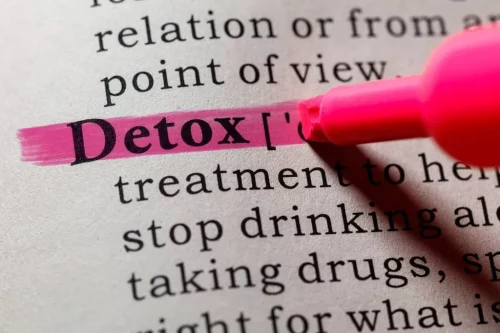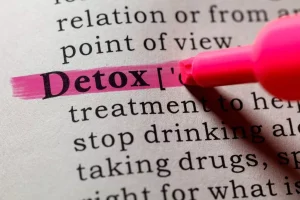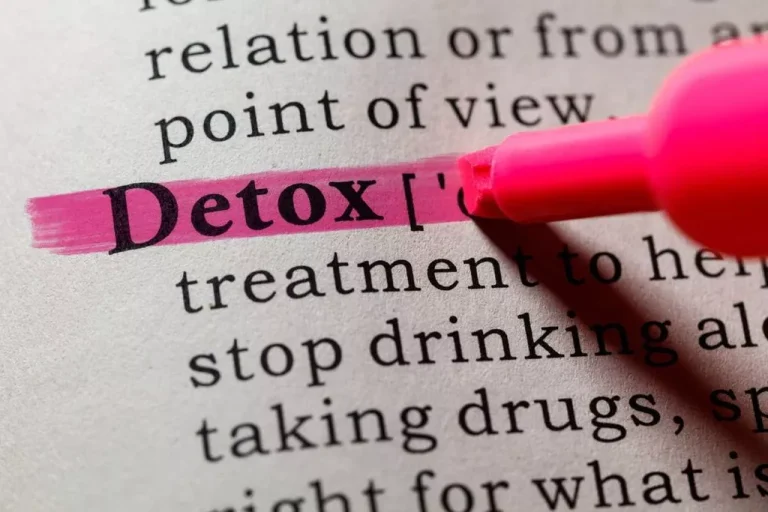
As we have seen, there are a number of factors that can affect the outcome – the most obvious of which is the frequency of use. Typically, THC is detectable for the least amount of time in saliva. Coincidentally, this is a popular method used by traffic police.
What is delta-9 THC?

A potentially more effective tactic for speeding up the THC how long does weed take to leave your system detoxification process might be cutting back on the Big Macs and hitting the gym. However, this initial “false positive” would not hold up to the more rigorous second round of confirmatory testing, which specifically measures THC-COOH. ”, you first need to determine how long the THC has been present. For everyone out there searching “how to clean out your system fast,” hopefully, this article will help provide some answers.
Blood tests
- However, while exercise might help the body metabolize more THC, exercising too near to a test may also cause a positive result due to having THC in the bloodstream.
- The main purpose of this method is to clear the metabolites from hair.
- In general, the detection window for weed for blood drug tests ranges between 2 and 7 days.
- Your age, weight, percentage of body fat, metabolism, physical activity and genetics can all impact how long cannabis compounds remain in your body.
Raw THCA itself is unlikely to show up on a standard drug test, as most tests are designed to detect THC metabolites—and THCA is not psychoactive in its natural state. However, if you consume cannabis that has been decarboxylated (for instance, by smoking or vaping), the resulting THC will be detectable in drug tests. Whether you’re health-conscious, a regular cannabis user, or someone who might be subject to drug testing, understanding how long different cannabis compounds stay in your system is essential.

How long does weed stay in your urine?
Additionally, the frequency and amount of marijuana use can influence the detection window. Typically, weed will remain longer in hair and can be detectable for up to 90 days from the day of use. Tests can detect weed for up to 30 days in your urine, up to 24 hours in your saliva, and up to 12 hours in your blood. How long a THC high lasts and how long THC stays in your system are two very different things. There are some claims of “cannabis hangovers,” with anecdotal reports of lingering fatigue following cannabis use. Additionally, heavy users can take longer to report a negative result because of the way our hair grows.
How long does it take for the effects of cannabis to wear off?
Please note that this is just a general guideline and individual results may vary. Other factors, such as the sensitivity of the drug test being used, can also affect the detection timeframe. After entering and circulating through the body, some THC will reach hair follicles through small blood vessels where small amounts are deposited into the growing hair.

If you have a faster metabolism, your body will likely process and eliminate THCA more quickly than someone with a slower metabolism. Factors such as age and overall health can also play a role, with younger individuals often metabolizing cannabinoids faster than older adults. When consumed, THCA remains in its inactive form unless exposed to heat. This process, known as decarboxylation, occurs when you smoke, vape, or cook cannabis. Through decarboxylation, THCA loses its carboxyl group, transforming into THC, the psychoactive compound.
Thus, THCA is an essential building block for THC and is a key component in cannabis products that are intended to be non-psychoactive. Interestingly, THCA has gained interest from health-conscious users who are looking for a more subtle way to incorporate cannabis into their lifestyle. THCA is thought to have several potential health benefits, including anti-inflammatory, neuroprotective, and even pain-relieving properties, though research Alcoholics Anonymous is still ongoing.
How Long Does Weed Stay in Your Urine?
As such, exercise right before a drug test may increase the likelihood of a positive test result. Additionally, tests can detect THC for longer periods in individuals who use cannabis products more frequently. This is because chronic cannabis use will result in THC accumulating in fatty tissues, which will result in a slower elimination of metabolites. On average, urine tests can detect THC from three to seven days. That range will depend on how much marijuana you use and for how long. Tests can detect THC in urine for up to 30 days in a heavy user who uses weed at least once per day.

Precise THC detox calculator
And while a 1984 study testing chronic users at a cutoff of 50 ng/mL showed a maximum of 40 days to get clean, 8 out of the 10 subjects needed only 13 days to show their first negative. It’s interesting to note that even occasional users can test positive for marijuana in their blood for up to a week after use. On the other hand, https://ecosoberhouse.com/ regular users may have detectable levels for several weeks or even months. Understanding these factors will help you better comprehend the duration of weed detection and how it may vary from person to person. Marijuana is stored in your body’s fat cells, and in regular users, the build-up leads to longer detection times (Moeller et. al., 2017). For infrequent users, this hasn’t had the chance to build up, so studies which focus on first-use (such as Niedbala et. al., 2001) find maximum detection times of less than three days.
As explained above, THC-COOH is a metabolite formed when the liver breaks down the active THC compound. If the test detects this metabolite in the urine, it means the body has processed THC relatively recently. A false-negative is when the test result is negative for a substance, but the person has been using the substance. A false-positive is when the test result is positive for a substance, but the person hasn’t been using the substance.
